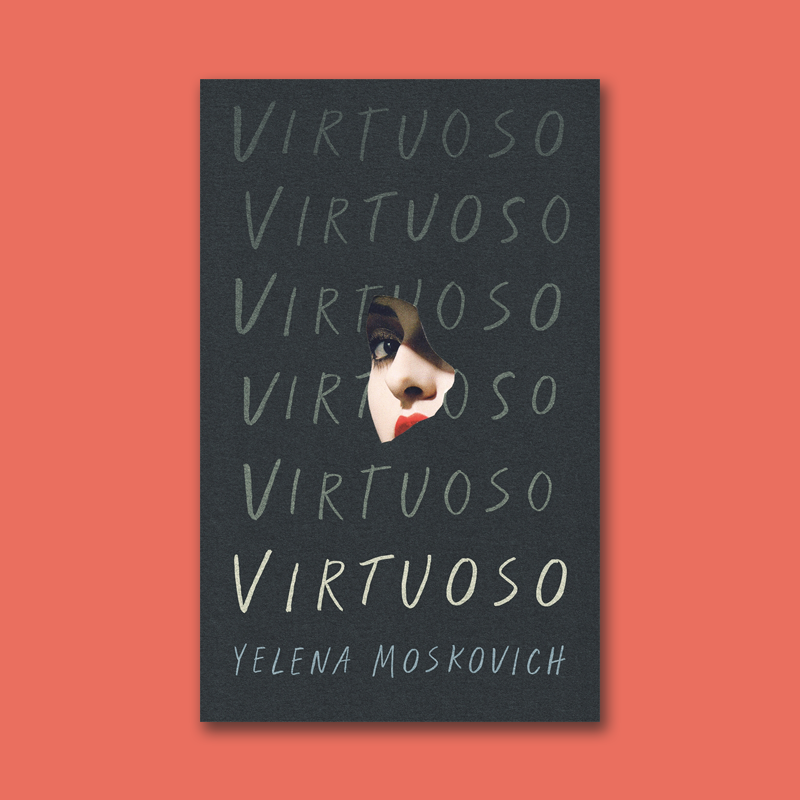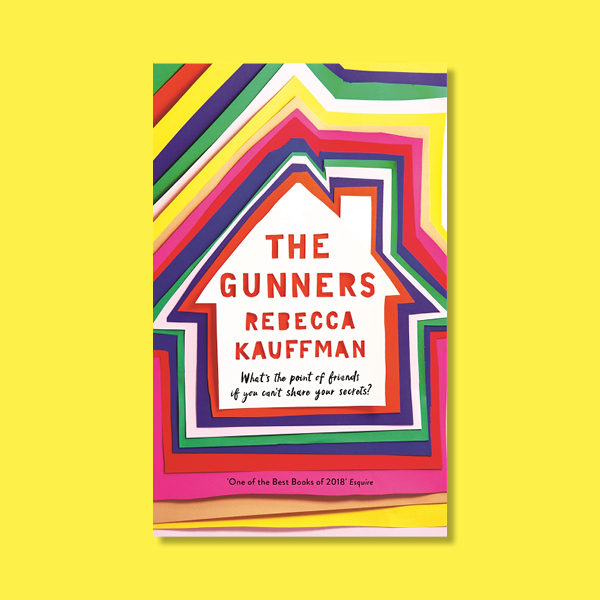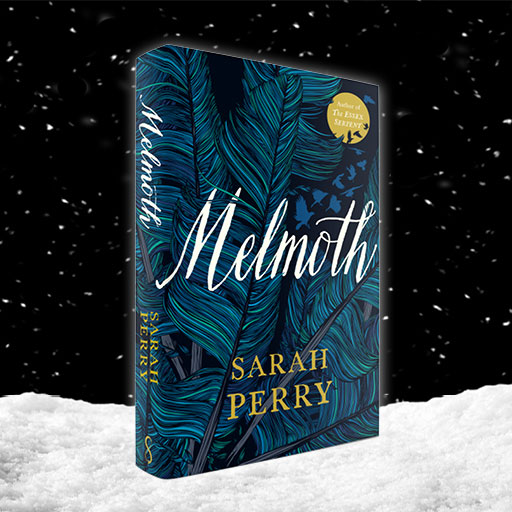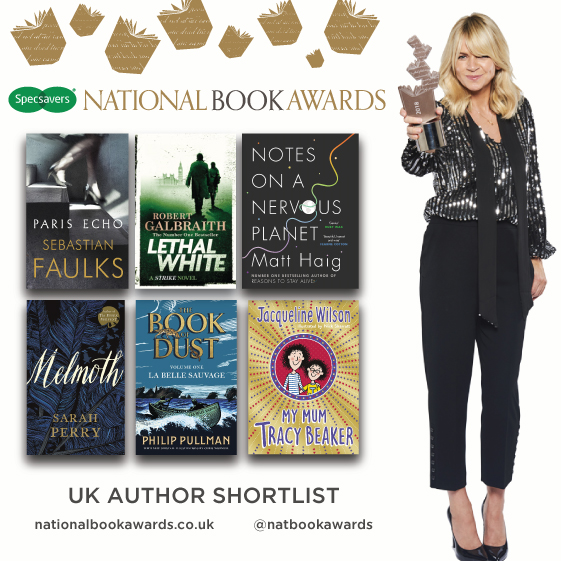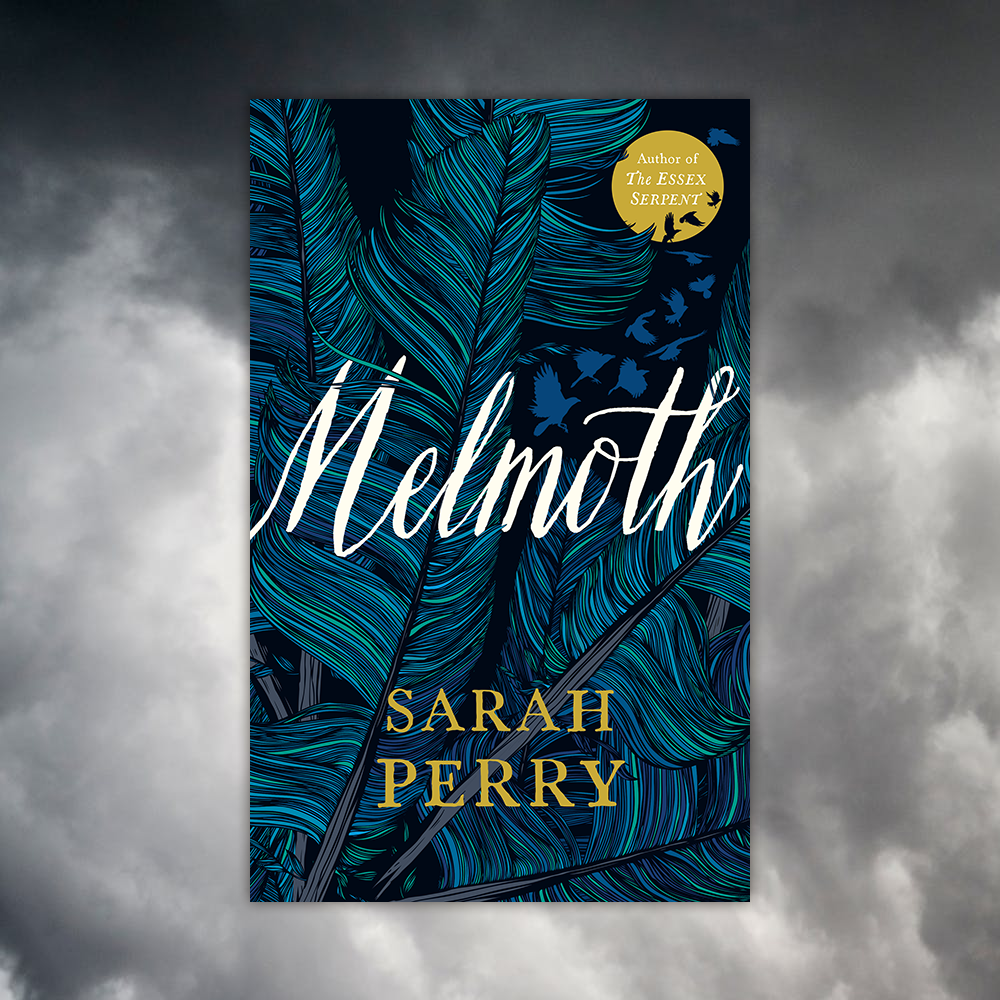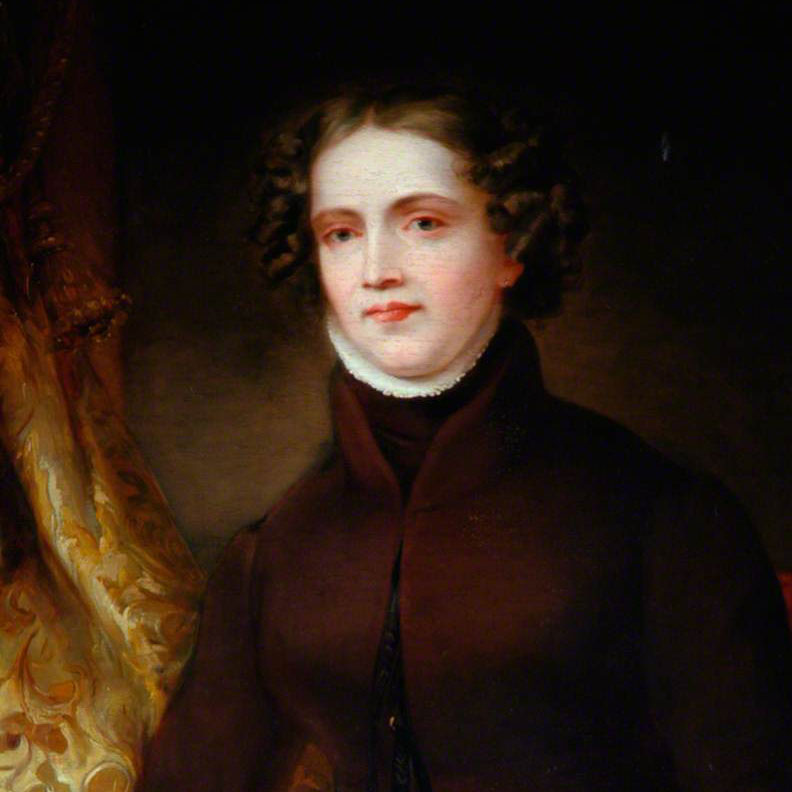
In a brand new chapter on Christmas eating – available only in the paperback edition of Eat Up, Ruby Tandoh’s bestselling manifesto on food, appetite and eating what you want – Ruby expounds on the joys of Christmas AND rest-of-the-year food.
‘There are some things in this world that we can set our clocks to,’ opens Nate, kicking off the Christmas episode of the pop music podcast Switched On Pop. ‘The sun rises and sets, the tides ebb and flow, stars are born and die in fiery novas. And there’s one other event in the universe that occurs with inexorable power, and that is that every December, Mariah Carey’s All I Want For Christmas Is You will be inescapable.’
Nate isn’t wrong. The opening bars of the song shimmy onto the airwaves sometime in late November and proliferate on every major radio station, advert and TV channel, spreading faster than a epidemic of winter flu. The quick 1-2-3-4 beat of those sleigh bells burrows so deep into your brain that by the time the first chorus rolls in, you find your tired winter legs breaking into a canter. Try keeping your cool in a supermarket when it comes on over the radio: what started as a quick milk and bread trip turns into a riotous ‘Oooh, Baileys’, ‘Look at that king prawn party wreath!’, ‘Shall we get one more Advocaat, just in case?’ spending spree, all the while tapping your feet in time with the beat.
More than Bethlehem or Lapland – more than the manger or the church pews or Santa’s lap – it’s supermarkets where Christmas really happens. They are where so many of the big festive battles are fought: to tinsel or not to tinsel, party platters versus a tray of cocktail sausages, turkey or a more modest chicken and the ever-contentious sprouts. It’s in the chaos of the pre-Christmas aisles of Tesco that I’ve made some of my finest decisions (those Malteser reindeer things) and hit my lowest ebbs (eight extra packs of those Malteser reindeer things). This is the place where so many of us decide what kind of Christmas we’re going to have, whether it’s a mindful back-to-basics affair or a Tesco Finest blowout.

I’ll admit that I struggle to keep my head when the Starbucks red cups come out and the Coke adverts are on TV. I fully subscribe to the madness: from the first winter rain until the last echo of the tubular bells, a Santa-red mist descends over me, and my rationale goes into hibernation. In those fugue-state supermarket trips and on television and blaring from every speaker up and down the nation, we’re encouraged to let loose and enjoy. There’s black forest mocha, sticky toffee latte, everything fortified with booze, mince pie ice cream, gingerbread praline, chocolate orange stollen, that Pret Christmas lunch sandwich, Brussels sprouts every way God never intended, peppermint yule log, Quality Street, more booze.
It’s novel, and it’s exciting, and I find myself buying even the most ghastly crap in the spirit of Christmas indulgence. The way I see Christmas, the whole thing is a national exercise in high camp. Everyone shimmers and sparkles, and it’s impossible to find a single item of clothing in any high street store that doesn’t have sequins on it for a full two months. All those special edition foods – yule log cream liqueur! – are inversions of the staid, familiar Christmas traditions they draw upon. They take one food genre and mash it into another, so Christmas cake becomes a hot drink, and yule log dessert becomes booze, and a Christmas pudding gets condensed into a chocolate in a selection box. Everything gets distilled to a surreal essence of itself and then repackaged in some new and ridiculous form. It is absurd. It is camp. It is amazing.
But excitement is exhausting. There’s a reason why our wide-eyed wonder drains from us as we creak out of youth and into the drudgery of adulthood: it just uses too much energy to be buzzing all day long. A friend once said we should have Christmas once every four years in the manner of Olympics and World Cups so we don’t all keel over from the sheer stress of it. We need moments of mundanity to stay afloat: these boring things smooth over the peaks and troughs to keep us sane. This is what rich tea biscuits and porridge are for. Sometimes it’ll be an episode of First Dates that soothes you, or some predictable tweets, or a cuppa. Other times you just need a packet of instant noodles and Brooklyn Nine-Nine reruns. But mundanity doesn’t fly at Christmas – it’s go big, or go home.
As Switched On Pop hosts Nate and Charlie go on to discuss in their Christmas special, this constant, enforced state of excitement is practically mandated in Mariah’s hit song. In between the brisk tempo and that dusting of sleigh bells and Mariah’s soaring vocals, Nate and Charlie point out that there’s no verse. The whole song is hook – dancing, spinning, euphoric chorus. Without slower verses to ground it, the song spins anchorless in this hyper-energetic, toe-tapping world of festive excess. Even the song’s bridge – a section that might usually provide a contrast to, or a context for, the more dynamic chorus – floats high as Mariah croons that ‘everyone is singing, I hear those sleigh bells ringing’. What makes the song both magical and awful is that it condenses the entirety of Christmas – unrelenting cheer and delirium, socially sanctioned indulgence, absolutely no respite from the chaos – into a peppy 3½ minutes. It’s no wonder plenty of people are sick of the whole thing barely a week into December.

The whole ordeal is even more fraught if you’re someone who struggles with your relationship with food: there’s a pressure to constantly eat, ignoring every internal regulatory cue your body gives you. For people who are comfortable with food and eating, this might just mean a harmless Christmas bloat. But if you have a hard time listening to your body’s hunger cues, this month of chaotic eating can undermine years of eating-disorder recovery and growth. There’s the important matter of money, too, and the fact that merry hedonism is only available to those who can afford the hefty shopping bills it brings. Those with histories of alcoholism may find the omni-booziness of the festive season difficult to weather. The lonely, the bereaved and the sick face a whole raft of anxieties: the compulsory jollity of Christmas leaves a lot of room for disappointment and unmet expectations. When something is this determinedly upbeat, it stands at odds with the grey, up-and-down, meandering realities of our lives.
I’m not advocating that we all ditch the excess and settle for a lump of coal and a clementine this Christmas. I enjoy a kitsch, ridiculous Christmas as much as anyone. I kind of love arriving breathless in January with no idea how I got there or where all the money went. I’m certainly not going to preach at you that you should renounce presents or have a ‘tasteful’ Christmas without tinsel or snow globes or Celebrations.
But maybe there’s something to be said for letting the everyday – the Weetabix and the pasta bakes and the blackcurrant squash – find a foothold in your Christmas time. Make room in your kitchen cupboards for the usual tins of beans, and make sure that you have at least one biscuit in the tin that doesn’t have stars or santas on it. Watch a non-Christmas film. Have a coffee that isn’t gingerbread flavour.
Do all the normal, useless things that you do all the rest of the year, like not talking to your family, or playing Sims 4, or ordering pizza. Let yourself languish in the peri-Christmas doldrums for a while and be thoroughly bored, if only for a few minutes. Enjoy these moments of nothingness while you can. Let your life be just verse for a while: plodding along, scrolling Instagram with a packet of hobnobs. Because when the chorus comes in and those Mariah sleigh bells starting ringing again, you will find your foot tapping, and your shoulders shimmying, and you’ll be dragged into the furore whether you like it or not.




